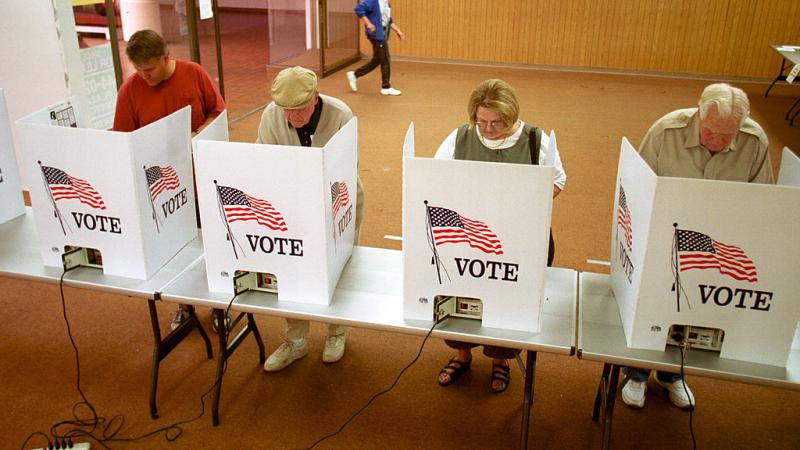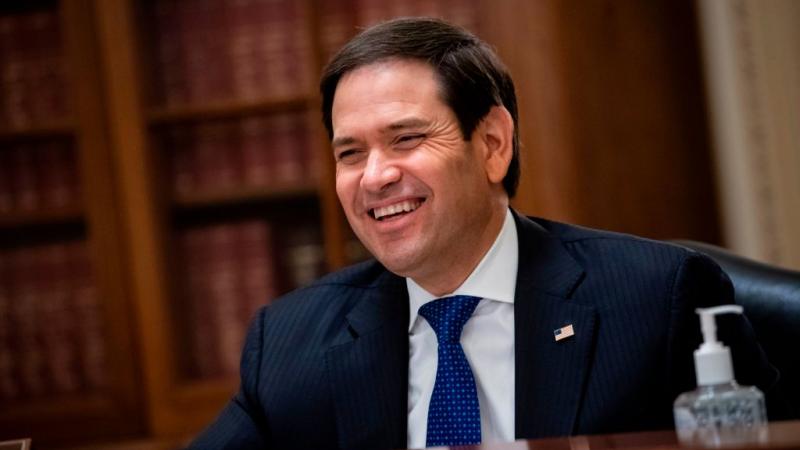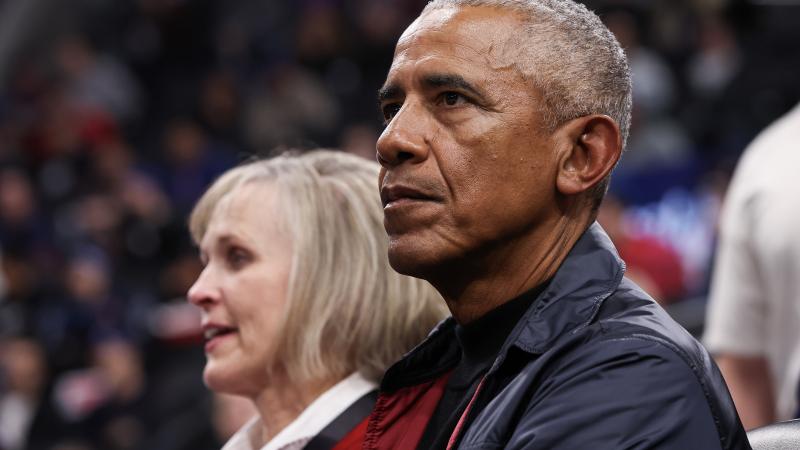McConnell to speak at Senate hearing, sign of GOP opposition to Dems' sweeping voting reform bill
McConnell personally arguing against the bill would be a rare move for a leader of the House or Senate
Senate Minority Leader Mitch McConnell is set to personally argue at a chamber hearing Tuesday on congressional Democrats' sweeping voting-reform legislation, an indication of Republicans' all-out opposition to the measure.
"It's a vast federal takeover of all American elections. It’s a horrible bill," McConnell this past weekend to an NPR-affiliate station in home state Kentucky. "I’m going to do everything I can, and my colleagues are going to do everything we can to prevent it."
McConnell plans to speak the hearing being held by the Senate Rules Committee, according to the Associated Press.
The bill, known as For The Peoples Act, is congressional Democrats' premier bill. If signed into law, it would create automatic voter registration nationwide, offer 15 days of early voting and force states to offer no-excuse absentee ballots.
The measure would also allow public financing for congressional campaigns and force the disclosure of the names of donors to some political groups – a major concern for Republicans and which McConnell has in part referred to as a "power grab."
The Democrat-controlled House has already passed its version of the measure, as several Republican-led states including Georgia, Florida and Texas have passed or intend to pass their own version of voting integrity bills – putting tighter rules on absentee and mail-in ballots and other forms of balloting that they argue are too vulnerable to voter fraud.
The Rules Committee hearing could stretch for days, with Republicans reportedly also planning to submit roughly 100 amendments.
Democratic Senate Majority Leader Sen. Chuck Schumer is also set to debate the bill, the wire service also reports.
The New York Democrat said last week that Senate Republicans can either side with Democrats to "protect our democracy" or work with Republican state legislatures to restrict voting rights.















